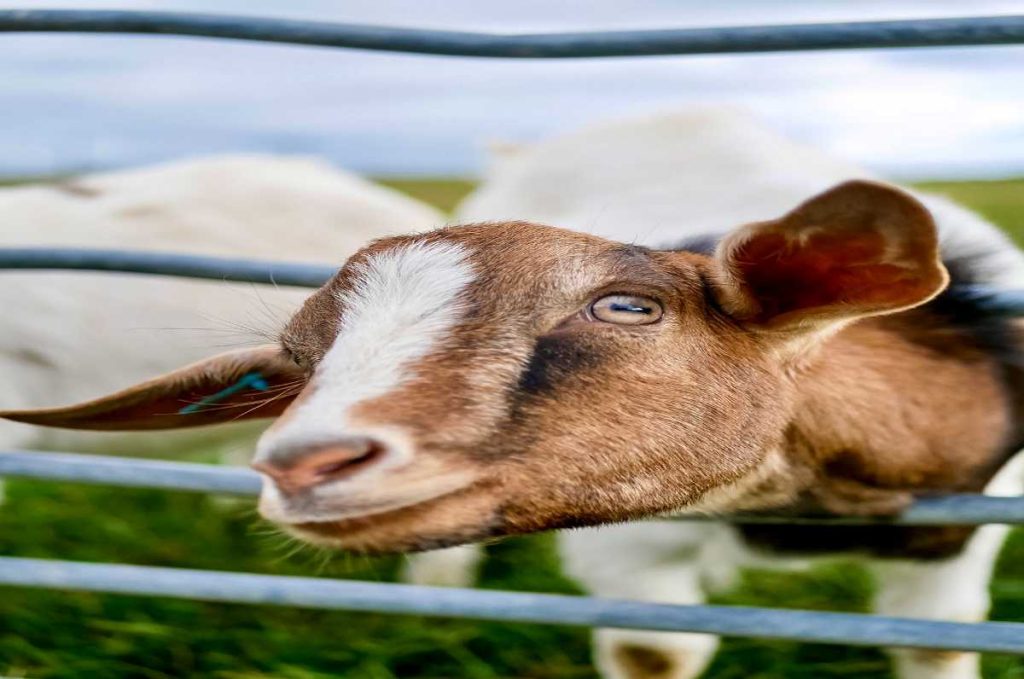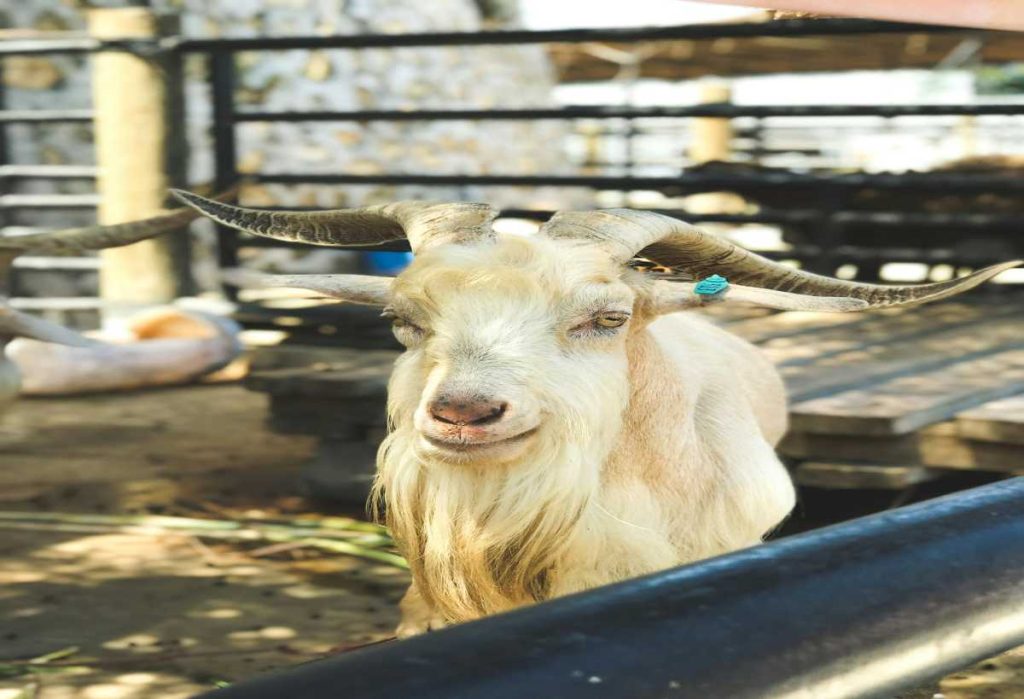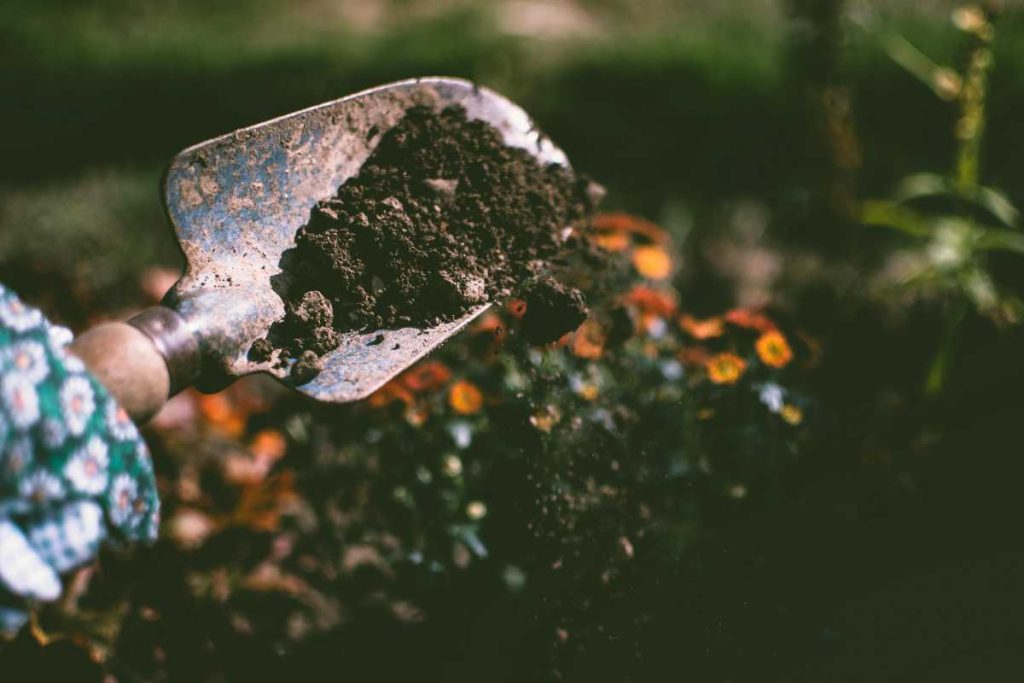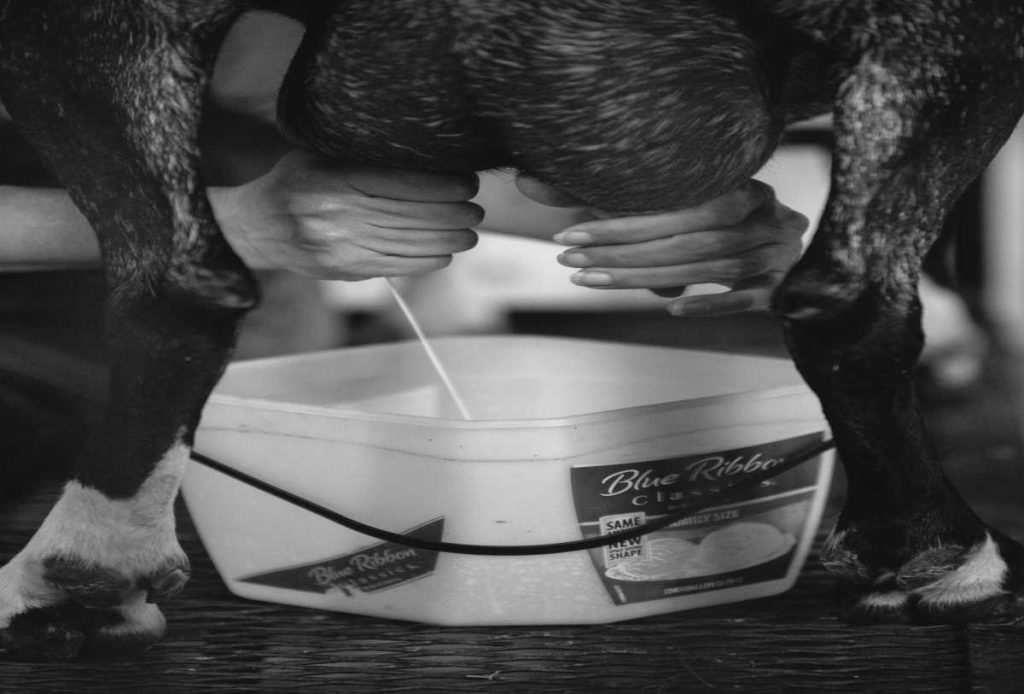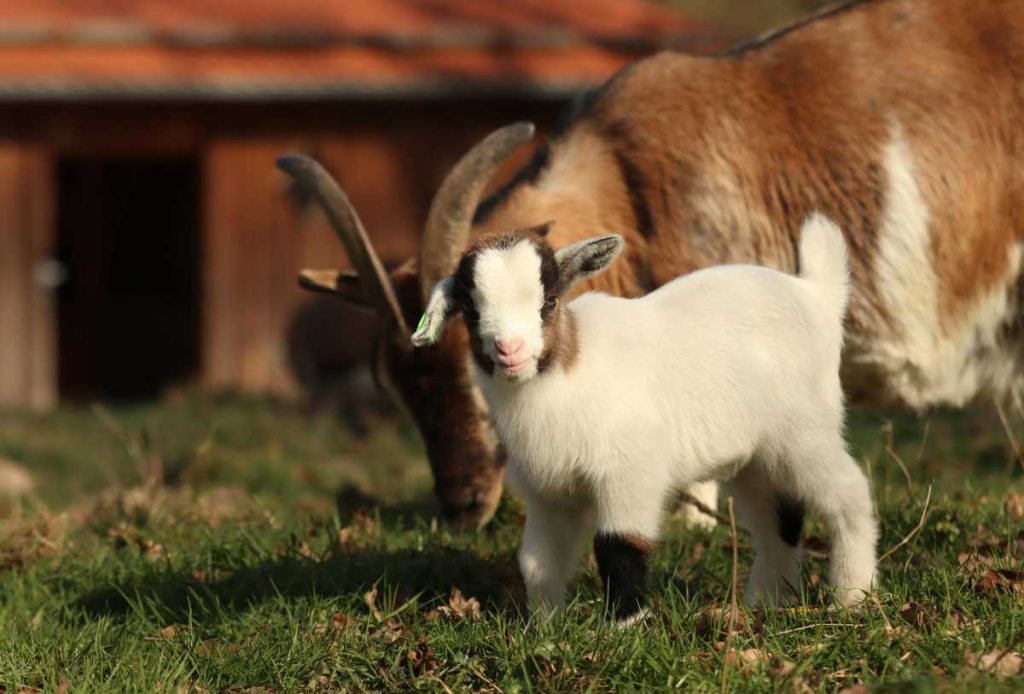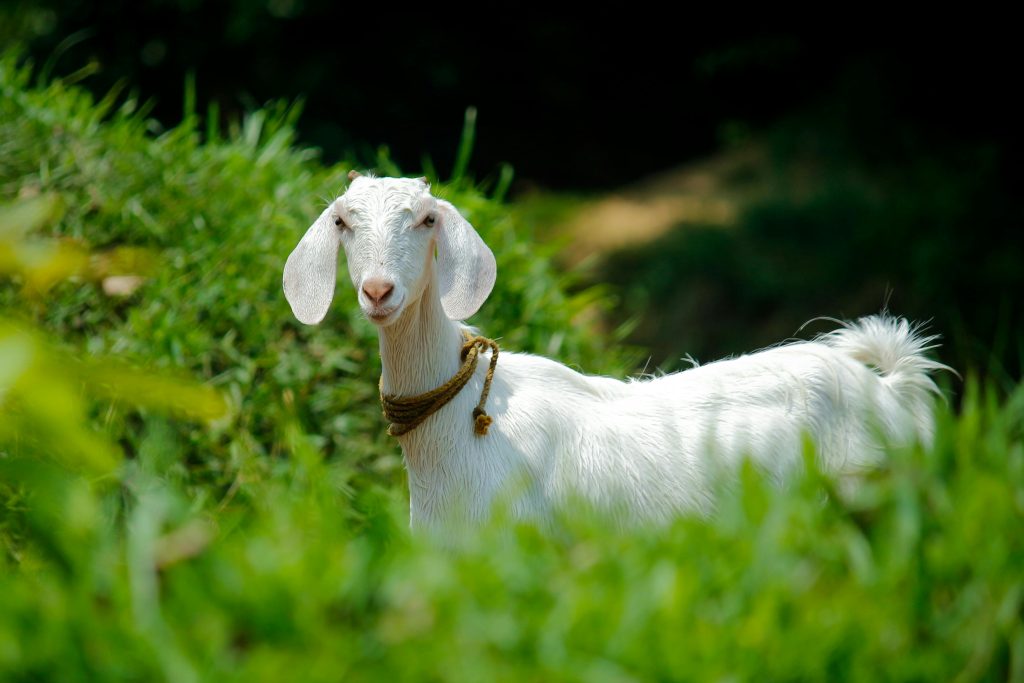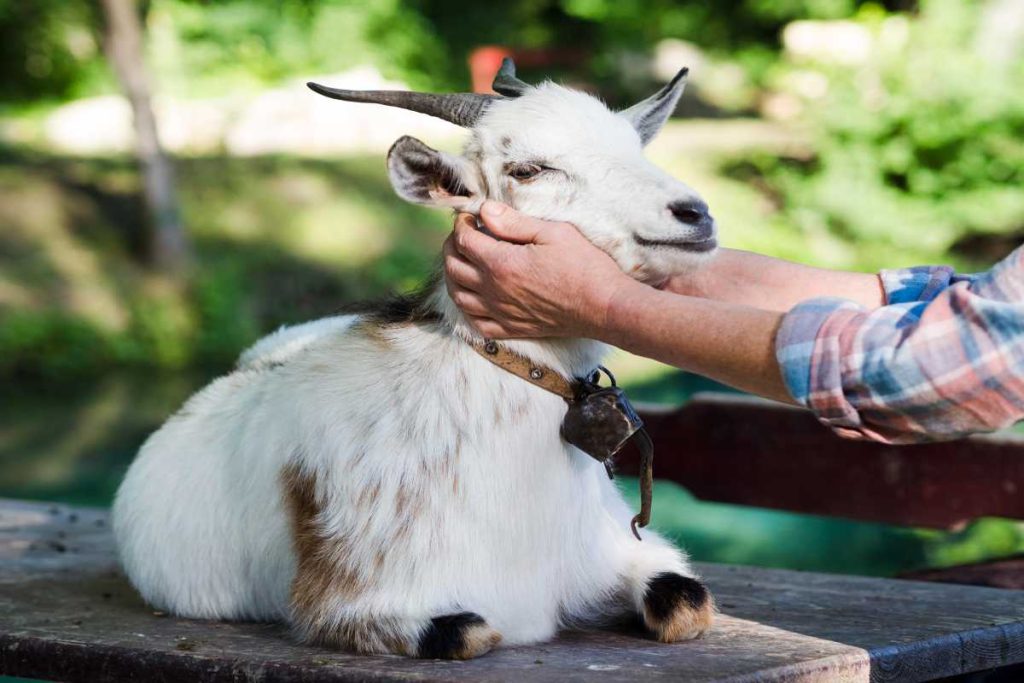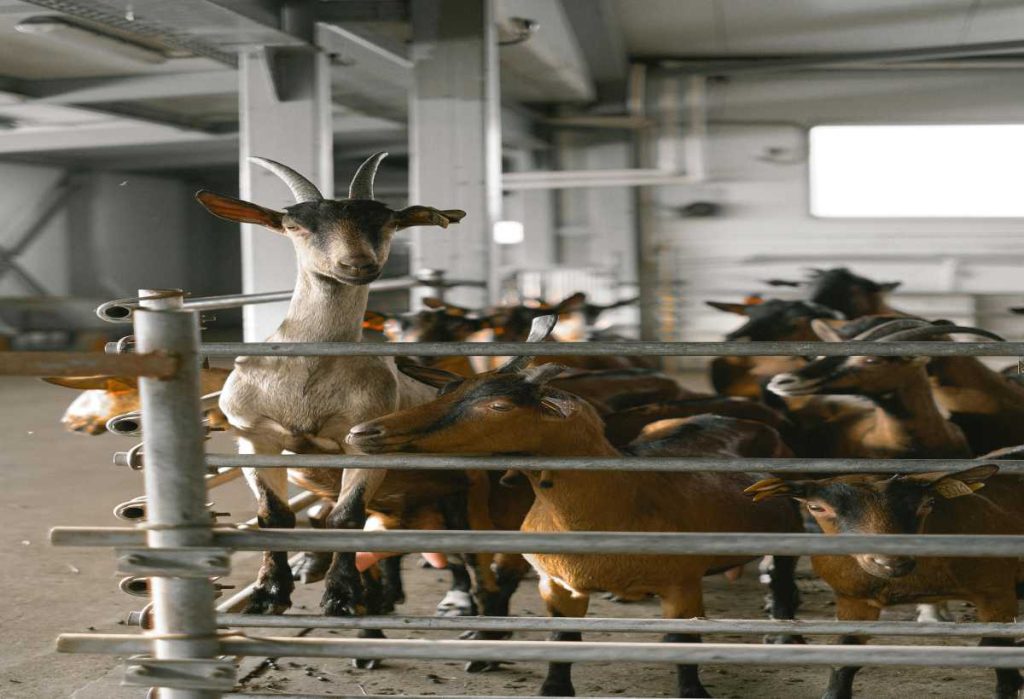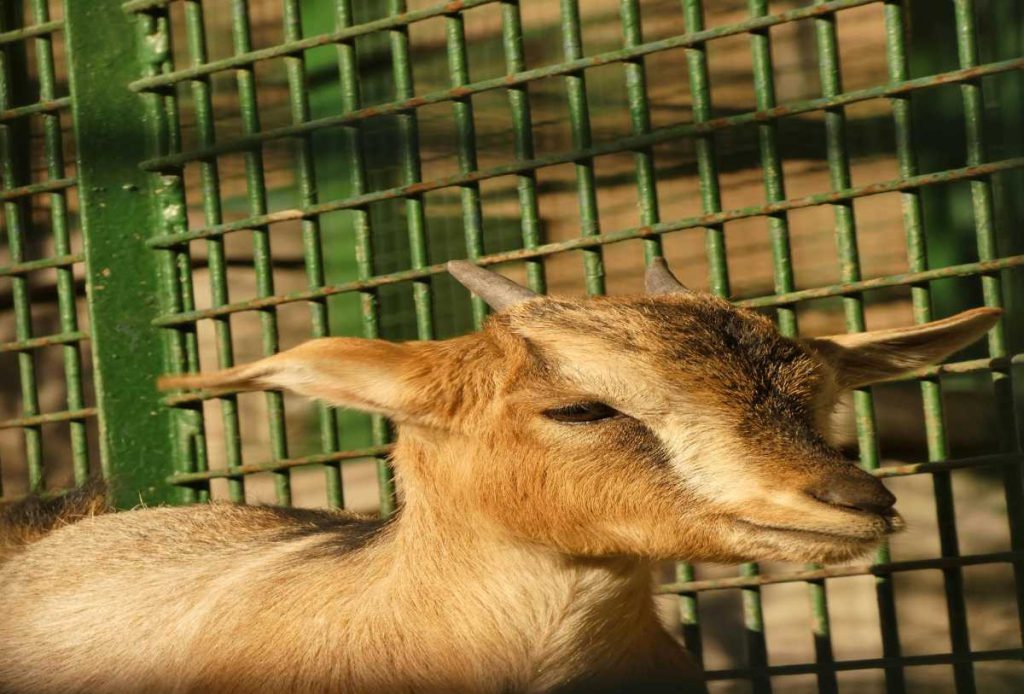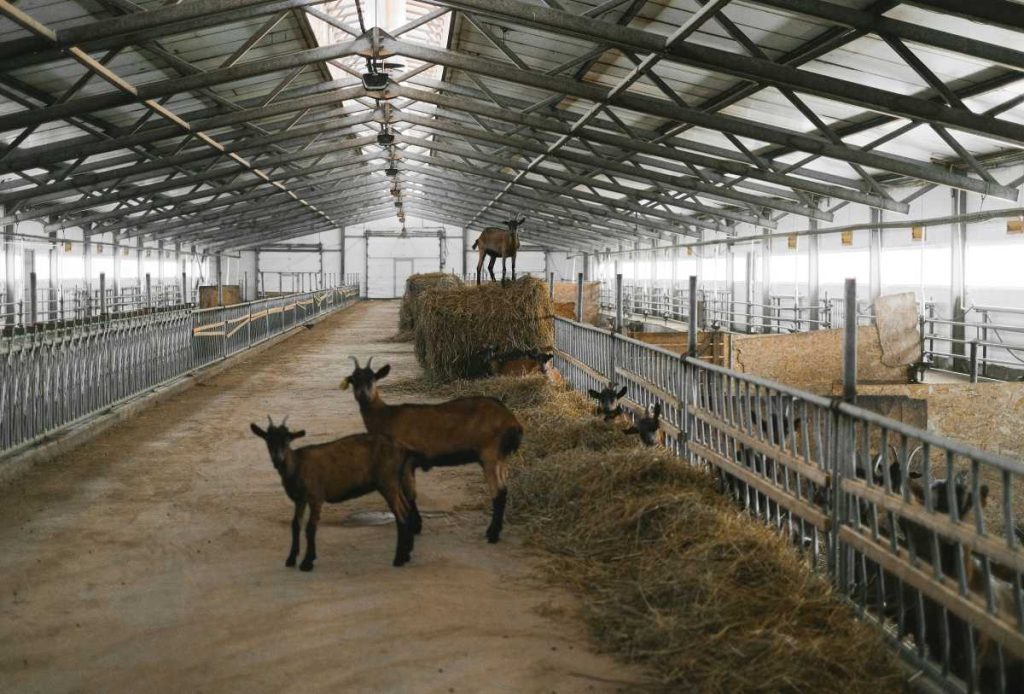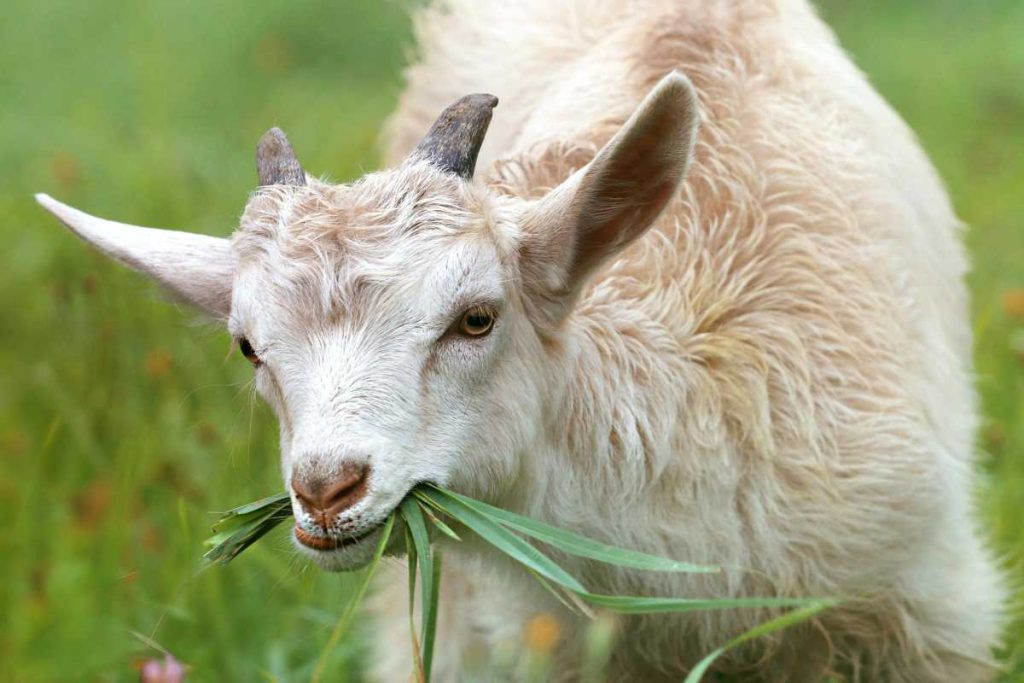Goats are hardy animals, but like any livestock, they can sometimes get into accidents or develop health issues that require immediate attention. Whether you’re a seasoned goat owner or just starting out, it’s essential to be prepared for emergencies. A well-stocked first aid kit can make a big difference in ensuring the health and safety of your goats when they need it most. In this blog, we’ll go over the top must-have supplies for your goat first aid kit, so you can be ready for whatever comes your way.
1. Antiseptic Solution
An antiseptic solution is one of the most important items in your goat’s first aid kit. When your goat gets a scrape, cut, or wound, cleaning the area thoroughly is essential to prevent infections. Antiseptic solutions like iodine, chlorhexidine, or betadine are commonly used for this purpose. They help to disinfect wounds and promote healing.
Why It’s Important:
- Prevents infection in cuts and scrapes.
- Helps clean open wounds before applying dressings or ointments.
Pro Tip: Always dilute antiseptic solutions according to the manufacturer’s instructions to avoid skin irritation.
2. Bandages and Gauze
Having a variety of bandages and gauze on hand is critical for dressing wounds or providing support for sprains. Adhesive bandages, gauze pads, and self-adhesive wrap (such as VetWrap) are all essential to ensure wounds stay clean, dry, and protected.
Why It’s Important:
- Helps cover and protect wounds.
- Keeps dirt and debris from entering a fresh wound.
- Can be used to stabilize a limb if needed.
Pro Tip: VetWrap is stretchy and adheres to itself, making it perfect for wrapping around injured limbs or securing dressings in place.
3. Thermometer
A thermometer is an essential tool for monitoring your goat’s health. Goats can be prone to fever or other illnesses that can affect their temperature. A digital thermometer, designed for animal use, will allow you to take an accurate temperature reading and help identify potential problems early.
Why It’s Important:
- Helps monitor for fever, which could be a sign of infection or illness.
- A temperature above 103°F (39.4°C) is usually a sign that something is wrong and requires veterinary attention.
Pro Tip: Rectal thermometers are most accurate for goats. Always clean the thermometer thoroughly after each use.
4. Saline Solution or Eye Wash
Goats can suffer from eye injuries, infections, or irritation caused by dust, debris, or chemicals. A saline solution or specialized eye wash can be used to rinse out the eyes and provide relief. This is particularly useful for treating conditions like conjunctivitis or debris stuck in the eye.
Why It’s Important:
- Rinses out dirt, chemicals, or irritants from the eyes.
- Helps soothe redness, swelling, or irritation.
Pro Tip: Always use sterile saline solution or an eye wash designed for animals. Avoid using human eye drops unless specified by a veterinarian.
5. Electrolytes and Oral Rehydration Solution
Goats are prone to dehydration, especially in hot weather or after illness. Electrolytes or an oral rehydration solution can help restore the balance of fluids and minerals, especially if your goat has diarrhea or isn’t drinking enough water. Having these solutions on hand can make a difference in preventing dehydration and supporting recovery.
Why It’s Important:
- Helps to rehydrate a goat that’s dehydrated or sick.
- Restores essential electrolytes that support normal body function.
Pro Tip: You can purchase commercial oral electrolyte solutions, or make a homemade one by mixing sugar and salt with water. Always follow veterinary recommendations for proper dosage.
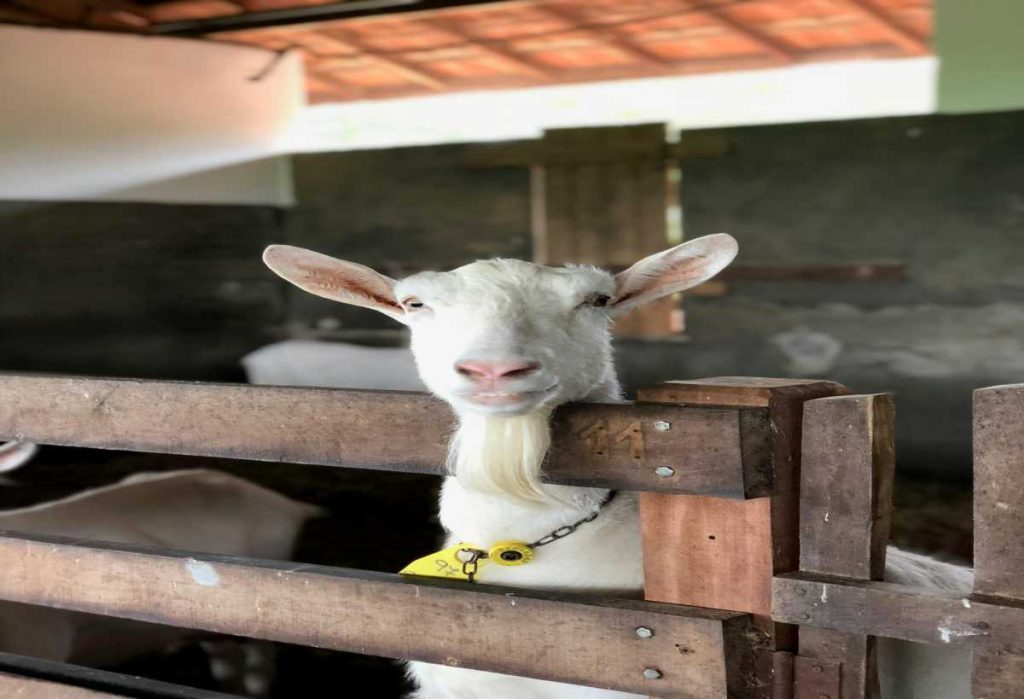
6. Mineral Oil or Petroleum Jelly
Sometimes goats can experience constipation or impaction, particularly if they’re eating a lot of dry hay or don’t have access to enough water. Mineral oil or petroleum jelly can help lubricate the digestive system and ease constipation.
Why It’s Important:
- Helps lubricate the digestive tract and promote easier bowel movements.
- Can relieve mild constipation or digestive discomfort.
Pro Tip: Administer mineral oil using a dosing syringe. Never give it directly into the goat’s mouth without supervision, as it can be aspirated into the lungs.
7. Antibiotic Ointment or Triple Antibiotic Cream
For minor cuts and scrapes, antibiotic ointments can provide extra protection. Triple antibiotic creams or ointments, like Neosporin, are widely used to prevent infections and encourage healing.
Why It’s Important:
- Provides a protective barrier against infection.
- Helps wounds heal faster and more effectively.
Pro Tip: Apply antibiotic ointment after cleaning the wound, and reapply as needed. Be sure to check for signs of infection, such as redness or swelling.
8. Hoof Trimming Tools
Hoof health is vital for goats, especially if they’re kept on rocky or hard terrain. Overgrown hooves can lead to painful infections, lameness, and difficulty walking. Having the right tools, such as a hoof trimmer or rasp, is essential for maintaining your goat’s hoof health.
Why It’s Important:
- Keeps hooves in good shape, preventing overgrowth or injury.
- Regular trimming helps prevent lameness and discomfort.
Pro Tip: Regularly trim hooves every 6-8 weeks or as needed to prevent overgrowth and related issues.
9. Dewormers and Anti-Parasitic Treatments
Goats are susceptible to internal parasites, including worms and coccidia. Keeping dewormers or anti-parasitic treatments in your first aid kit can help treat and prevent parasite infestations. Always consult with a veterinarian to ensure you’re using the correct dewormer for your goats and the parasites in your area.
Why It’s Important:
- Helps manage and prevent parasitic infestations that can harm your goats.
- Keeps goats healthy by preventing digestive issues, weight loss, or anemia.
Pro Tip: Rotate dewormers periodically to prevent resistance. Always follow the recommended dosage guidelines.
10. First Aid Manual or Veterinary Contact Information
Having a first aid manual that includes basic emergency procedures, as well as the contact information for your veterinarian, is invaluable in times of crisis. This ensures that, in the event of an emergency, you can quickly reference helpful information or get in touch with the right professional for advice.
Why It’s Important:
- Provides quick access to emergency procedures and first aid steps.
- Ensures you can contact your veterinarian in case of serious health issues.
Pro Tip: Keep the manual and contact information in a waterproof folder or pouch in your kit for easy access.
In Summary:
A well-stocked first aid kit is an essential part of responsible goat ownership. By being prepared for common injuries and health issues, you’ll be able to provide timely care and ensure the well-being of your goats. Here are the top must-have supplies for your goat first aid kit:
- Antiseptic solution – For cleaning wounds and preventing infection.
- Bandages and gauze – For dressing wounds and providing support.
- Thermometer – To monitor your goat’s temperature and detect illness.
- Saline solution or eye wash – For soothing and cleaning irritated eyes.
- Electrolytes and oral rehydration solution – For preventing dehydration.
- Mineral oil or petroleum jelly – For relieving constipation.
- Antibiotic ointment or triple antibiotic cream – To prevent and treat infections.
- Hoof trimming tools – To maintain healthy hooves and prevent injury.
- Dewormers and anti-parasitic treatments – To manage parasites and promote health.
- First aid manual or veterinary contact information – For quick reference and expert guidance.
By keeping these essential items in your first aid kit, you’ll be ready to handle any emergencies that may arise and ensure your goats stay healthy, happy, and thriving.

